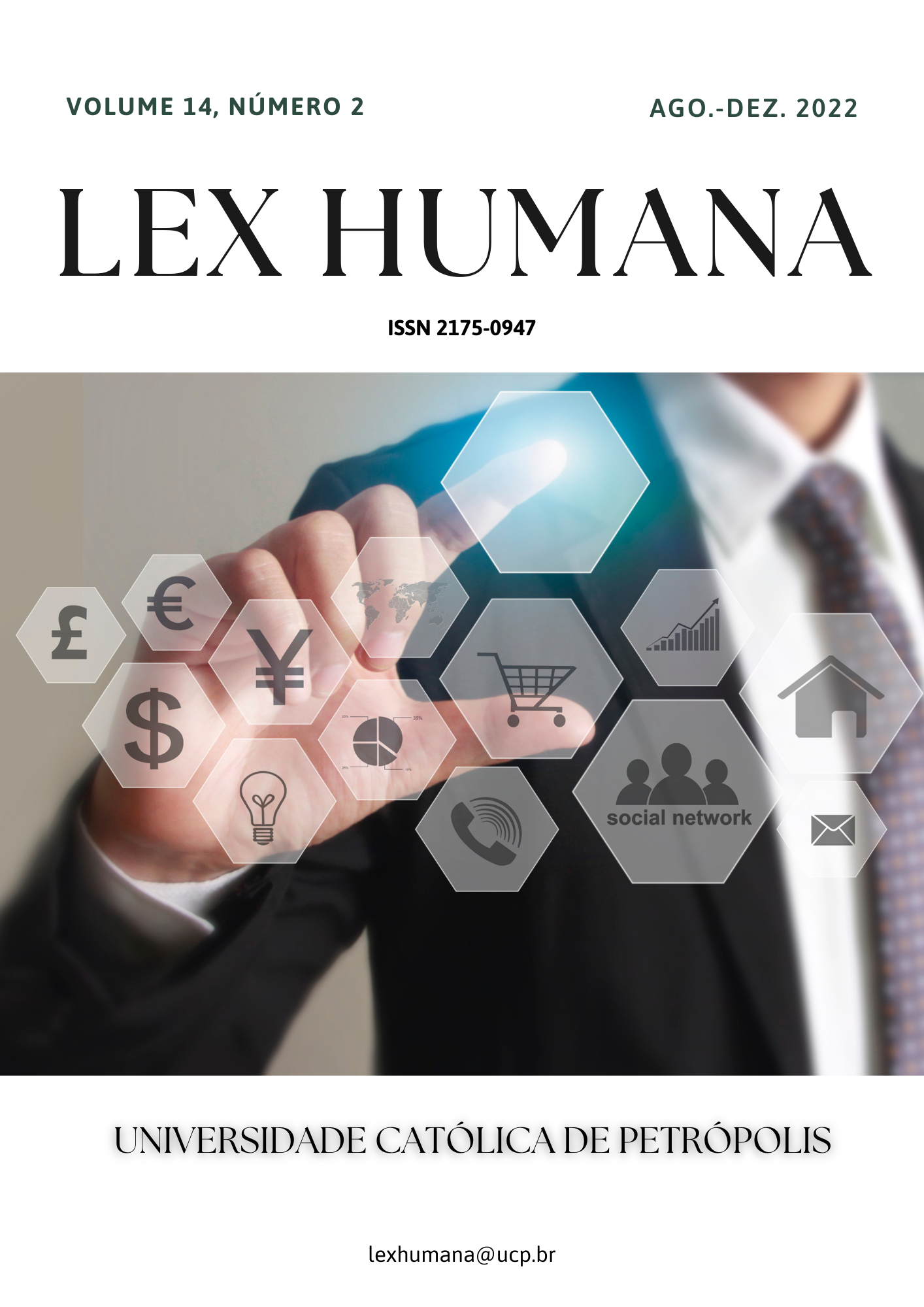Abstract
The study aims to investigate factors impacting work motivation of managers of small and medium enterprises in the Mekong Delta. Two phases of the study were conducted: qualitative research and quantitative research. Methods in the data analysis process of the study include:(1) evaluating the scale's validity and (2) testing the value of the scale by Exploratory Factor Analysis (EFA). Varimax rotation method was used; (3) re-testing the reliability of the scale with Cronbach's Alpha coefficient after removing inappropriate items; (4) using Pearson correlation coefficient test to measure the relationship between variables; (5) using Multiple Regression Analysis; (6) using Anova test and T-test to assess whether or not there is a difference; (7) using Descriptive Statistics approach. According to research findings, all factors in the model, including job characteristics, as well as emotional competence, which consists of emotion recognition, emotion use, emotion understanding, and emotion control, all have a positive effect on mid-level managers' motivation at work in small and medium-sized businesses in the Mekong Delta. The research findings also demonstrated the significance of emotional competence to job motivation, which in turn affects mid-level managers' performance. The four elements of emotional competence each have an impact on work motivation.
References
Buble, M., Juras, A. & Matic, I. (2014), The relationship between managers‘ leadership styles and motivation, Management, 19 (1), pp. 161-193.
Carmeli, A. (2003), The relationship between emotional intelligence and work attitudes, behavior and outcomes: An examination among senior managers‘, Journal of Managerial Psychology, 18(8), pp. 788-813.
Cavallo, K. & Brienza, D. (2002), Emotional competence and leadership excellence at Johnson & Johnson: the emotional intelligence and leadership study, Downloaded 7 June, 2006, from http://www.eiconsortium.org.
Chiu, R. (1999), Does perception of pay equity, pay sastifaction and job satisfaction mediate the effect of positive effectivity on work motivation‘, Social Behavior and Personality, 28(2), pp. 177-184.
Ciarrochi, J., Chan, A. Y. C. & Bajgar, J. (2001), Measuring Emotional Intelligence in Adolescents‘, Personality and Individual Differences, 31(7), pp. 1105-1119.
Daft, 1997, Management Dryden Press series in management, Dryden Press.
Gatakaa, M.A. (2013), Perceived relationship between organizational culture and motivation of paralegal staff at the Kenya judiciary, School of business, University of Nairobi.
Goleman, D. (2001), ―An EI-based theory of performance‖, in Cherniss, C. and Goleman, D. (Eds.), The Emotionally Intelligent Workplace, Jossey-Bass, San Francisco, CA.
Hackman, J.R & Oldham, G.R. (1980), Work redesign, Addison-Wesley.
Mandell, B., & Pherwani, S. (2003), Relationship Between Emotional Intelligence and Transformational Leadership Style: A Gender Comparison‘, Journal of Business and Psychology, 17, pp. 387-404.
Mayer, J.D., & Geher, G. (1996), Emotional intelligence and the identification of emotion‘, Intelligence, 22(2), pp. 89-113.
Mayer, R.C., Davis, J.H. & Schoorman, F.D. (1995), An Integrative Model of Organizational Trust‘, The Academy of Management Review, 30(3), pp.709-734.
Ngo My Tran, Ly Ngoc Thien Kim & Le Tran Minh Hieu (2019), Research on the influence of corporate culture on organizational commitment of employees of commercial banks in Soc Trang province' , Journal of Science Open University Ho Chi Minh City, 14(3), pp. 123-146.
Nikolaou, I., & Tsaousis, I. (2002), Emotional Intelligence in the Workplace: Exploring its Effects on Occupational Stress and Organizational Commitment‘, International Journal of Organizational Analysis, 10(4), pp. 327-342
Pham Bao Duong (2012), Factors affecting the work motivation of scientific researchers', Scientific activities, no. 4, pp. 14-16.
Sherwood, J.A. (2015), The multilevel effects of supervisor adaptability on training effectiveness and employee job satisfaction, Portland State University, USA.
Slaski, M. & Cartwright, S. (2002), Health, performance and emotional intelligence: An exploratory study for retail managers‘, Stress and Health, 18, pp. 63-68.
Stee, R.M. & Porter, L.W. (1983), ̳Motivation: New directions for theory and research‘, Academy of Management Review, 17(1), pp. 80-88.
Stringer, C. and Didham, J. (2011), Motivation, pay satisfaction, and job satisfaction of front-line employees‘ Qualitative Research in Accounting & Management, 8(2), pp. 161-179.

This work is licensed under a Creative Commons Attribution-NonCommercial-NoDerivatives 4.0 International License.
Copyright (c) 2022 Lex Humana (ISSN 2175-0947)

